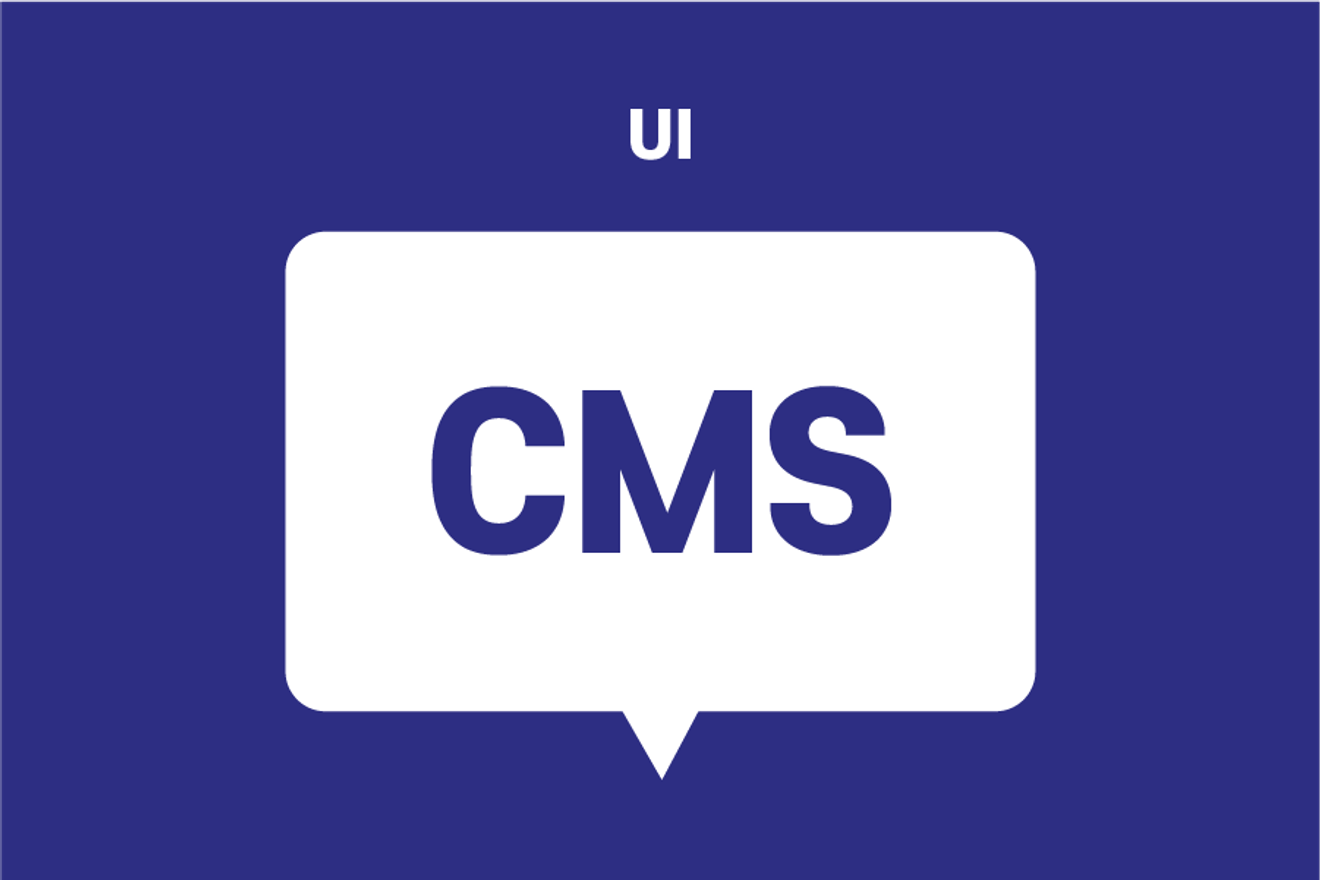Subject
- #Content Creation and Editing
- #CMS
- #Website Management
- #Content Management System
- #Plugins and Extensibility
Created: 2024-05-18
Created: 2024-05-18 12:26

A Content Management System (CMS) is software that allows users to create, manage, and modify website content without coding knowledge. CMS provides functionalities to efficiently manage various types of content, including text, images, videos, and audio. It is widely used for various types of websites, such as blogs, news sites, and e-commerce sites.
Content Creation and Editing: It allows you to easily add and modify text, images, and videos through an intuitive editor. A WYSIWYG (What You See Is What You Get) editor allows you to see the editing results in real-time.
Content Organization: You can categorize and manage content systematically using categories, tags, and folders. This allows users to easily find the content they need.
User Management: You can set various roles and permissions, such as administrator, editor, and author, allowing multiple users to collaborate. Depending on the permissions granted to each user, the accessible features will differ.
Design and Theme Management: You can easily change the design of your website using various templates and themes. You can customize the layout and style without modifying the code.
Plugins and Extensibility: You can extend website functionality with various plugins and extensions. For example, you can add SEO optimization, social media integration, and e-commerce features.
Media Management: It provides functionalities to upload and manage media files such as images, videos, and audio files. You can easily search and utilize files through the media library.
1. WordPress: It is the most widely used CMS worldwide. You can easily create various types of websites, such as blogs, portfolios, and corporate websites. Customization is easy with a vast number of plugins and themes.
2. Joomla!: It is a CMS with excellent flexibility and scalability, suitable for building complex websites and portal sites. It offers various extensions and templates, and requires relatively advanced technical knowledge.
3. Drupal: It is a CMS that provides high scalability and security, suitable for building large-scale websites and community sites. It is technically complex but offers powerful customization capabilities.
4. Magento: It is a CMS specialized in e-commerce, optimized for building online stores. It provides various product management, payment gateways, and marketing tools.
Content Management Systems (CMS) are valuable tools that significantly reduce the complexities of website management and empower anyone to easily operate a website. Various CMSs, such as WordPress, Joomla!, Drupal, and Magento, are available, and you can choose the one that best suits your needs and goals to efficiently build and manage your website. Utilizing a CMS can improve website operation efficiency and provide a better user experience.
Comments0